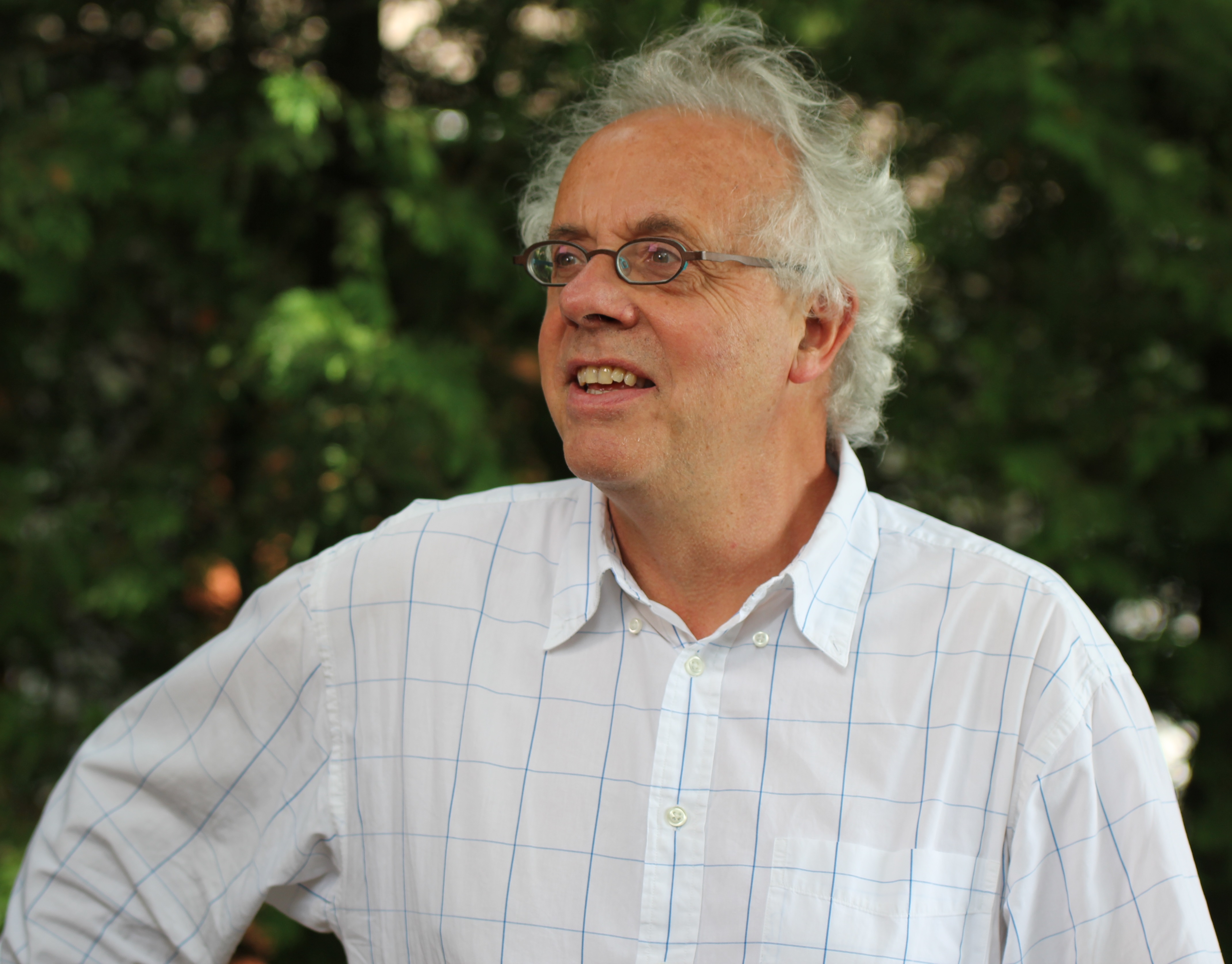 Yesterday a cyclist in the centre of London jumped a red light and clipped a pedestrian crossing the road. The pedestrian protested, at which point the cyclist got off his bike and headbutted the man, who had injuries and cuts and needed stitches. The cyclist rode off, and the police are now pursuing him.
Yesterday a cyclist in the centre of London jumped a red light and clipped a pedestrian crossing the road. The pedestrian protested, at which point the cyclist got off his bike and headbutted the man, who had injuries and cuts and needed stitches. The cyclist rode off, and the police are now pursuing him.
I was also cycling through central London yesterday, as I was the day before and today. Indeed, I have been cycling in central London, usually to and from work, for nearly half a century. The nature of cycling in London has changed dramatically.
Forty years ago there were few of us. We were thought mildly eccentric. There were no cycle lanes, and we didn’t wear crash helmets. We mostly wore ordinary clothes and probably ponged a bit in our workplaces.
Now cycling to work is like being in the Tour de France. There are hundreds of cyclists, most of them in Lycra with helmets. Many go extremely fast and weave in and out of the traffic. Perhaps a quarter go straight through red lights and many cycle on the pavement at times. The feeling is competitive and aggressive. Drivers shout at cyclists, and cyclists shout back. Cyclists bang on the roofs of cars that obstruct their way. I saw two cyclists have a fist fight after one had obstructed the other.
Yesterday morning—before I read of yesterday’s headbutting—seemed particularly bad as I cycled from Clapham to Regent’s Park. I can’t claim to be 100% virtuous in my cycling and have cycled through red lights when there are no pedestrians, and I have continued cycling when green lights indicate that it’s time for pedestrians to cross. But I have reached the conclusion that cyclists should obey the rules of the road—as do all other road users, including scooters, who also have their crazy drivers.
But, as I see every day, many cyclists do not obey the rules. Scooter drivers obey the rules not because they are more virtuous than cyclists, but because they have licences and licence plates. I think that the time has come to do the same for cyclists.
In some ways it will be a sad day when it happens, reducing perhaps the sense of freedom that cyclists enjoy. It will require a new bureaucracy and carry cost—but I reflect that many bicycles cost thousands of pounds. And cyclists need to contribute to the costs of maintaining roads and building cycleways. It would be sad if such regulation reduced the number of cyclists and the health and climate benefits of cycling, but plausibly regulation might increase the number of cyclists; the maniacs will not be deterred, and the timid might feel safer.
I reached the conclusion of the need for regulation after yesterday morning’s cycle before I heard of the incident in Central London yesterday, but the brutality and timing of the incident confirmed my conclusion. It will, I suspect, have the same impact on others, including politicians.
Richard Smith was the editor of The BMJ until 2004.
